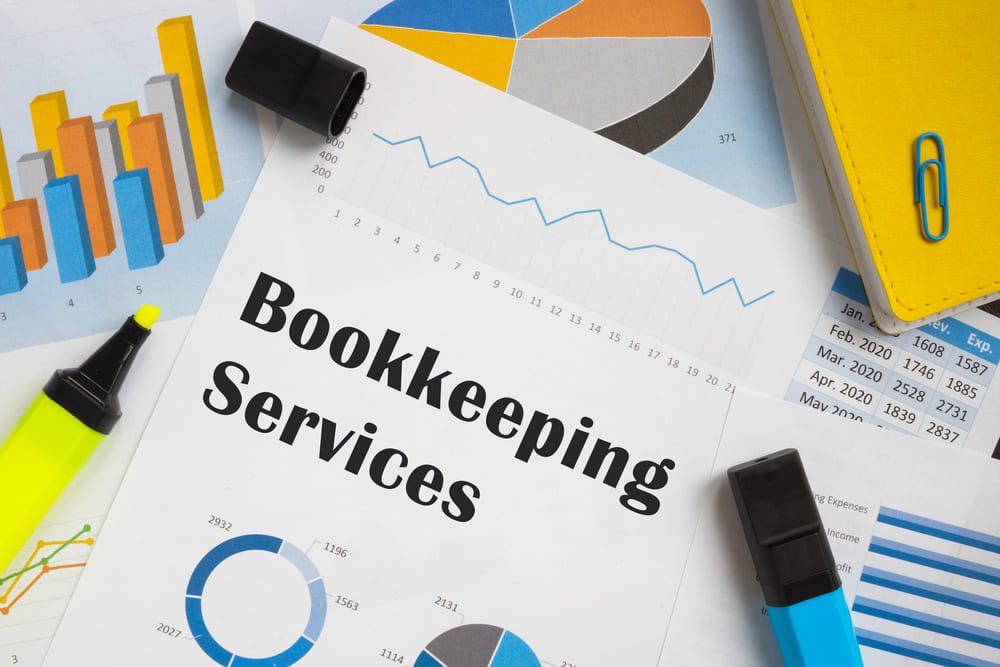
Forensic audit is a specialized type of accounting that involves the use of investigative techniques to detect and prevent financial fraud. The goal of a forensic audit is to uncover any illegal or unethical financial activities that may have taken place within an organization. In this blog post, we will explore the concept of forensic auditing in more detail and discuss its importance in today’s business environment.
Forensic audits cover a wide range of investigative activities. A forensic audit is often conducted to prosecute a party for fraud, embezzlement, or other financial crimes. In the process of a forensic audit, the auditor may be called to serve as an expert witness during trial proceedings. Forensic audits could also involve situations that do not include financial fraud, such as disputes related to bankruptcy filings, business closures etc.
The need for forensic audit arises when an organization suspects fraudulent activities. It is important to note that fraud can take many forms, including embezzlement, bribery, corruption, and money laundering. In order to detect these types of financial crimes, forensic auditors use a variety of tools and techniques, such as data analysis, interviewing witnesses, and reviewing financial records.
Forensic auditing is especially important in industries such as banking, healthcare, and insurance, where financial transactions are complex and involve large sums of money. These industries are often targeted by fraudsters because of the potential for large financial gains. For example, in the healthcare industry, fraudsters may bill insurance companies for services that were never provided or inflate the cost of services that were provided. In the banking industry, fraudsters may use fake documents to obtain loans or engage in other fraudulent activities that can have a significant impact on the bank’s financial health.
There are several benefits of conducting a forensic audit. First and foremost, forensic auditing can help organizations detect and prevent financial fraud. By identifying fraudulent activities early on, organizations can take steps to stop the fraud and minimize its impact on the business. This can help protect the organization’s reputation and financial stability.
Secondly, forensic auditing can help organizations comply with legal and regulatory requirements. Many industries are subject to strict regulations regarding financial reporting and transparency. Failure to comply with these regulations can result in fines and legal action. Forensic auditing can help organizations ensure that they are in compliance with these regulations and avoid any potential legal or financial penalties.
Finally, forensic auditing can help organizations improve their internal controls and financial processes. By identifying weaknesses in the organization’s financial systems, forensic auditors can make recommendations for improvements that can help prevent fraud from occurring in the future.
The process of a forensic audit is similar to a regular financial audit—planning, collecting evidence, writing a report—with the additional step of a potential court appearance. The attorneys for both sides offer evidence that either uncovers or disproves the fraud and determines the damages suffered. They present their findings to the client, and the court should the case go to trial.
We at forthright help clients to perform forensic audit with below process:-
Forensic audit is a critical tool for organizations to detect and prevent financial fraud. With the increase in financial crimes in recent years, forensic auditing has become an essential part of the business landscape. By identifying fraudulent activities early on, organizations can take steps to minimize their impact on the business and protect their reputation. Additionally, forensic auditing can help organizations comply with legal and regulatory requirements, improve their internal controls and financial processes, and ensure that they are operating in a transparent and ethical manner.
 Accounting Advisory Services to Help You Grow Your Business
Accounting Advisory Services to Help You Grow Your Business PRO Services in Dubai
PRO Services in Dubai “A Complete Guide To Understanding Corporate Tax In UAE”
“A Complete Guide To Understanding Corporate Tax In UAE” In Country Value Certificate in Dubai Assurance & Audit Services In UAE
In Country Value Certificate in Dubai Assurance & Audit Services In UAE Which is Best Bookkeeping Service in Dubai
Which is Best Bookkeeping Service in Dubai  Unveiling Dubai’s Financial Compass: Navigating Growth Through Cost Audit in dubai
Unveiling Dubai’s Financial Compass: Navigating Growth Through Cost Audit in dubaiDubai Fahidi heights Al hamriya | London DA16 3DJ Welling
Copyrights 2022 Forth Right. All Rights Reserved.